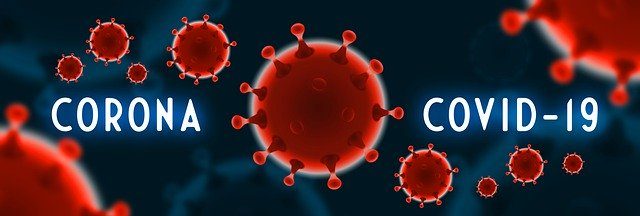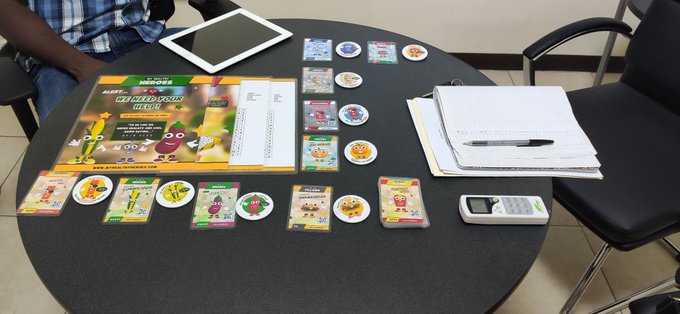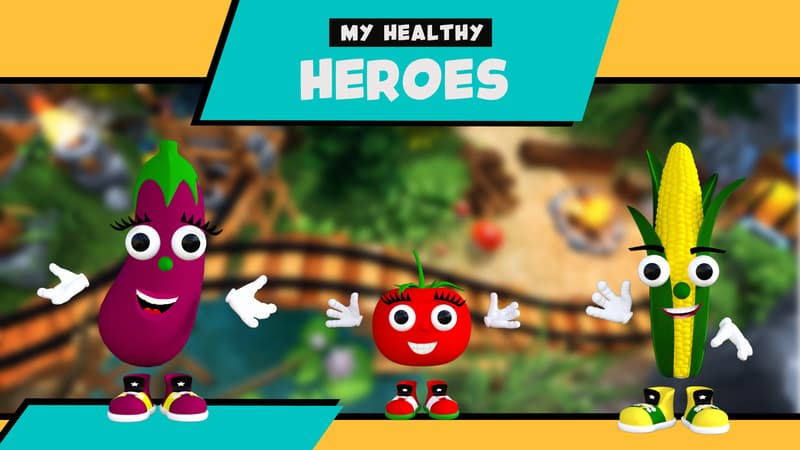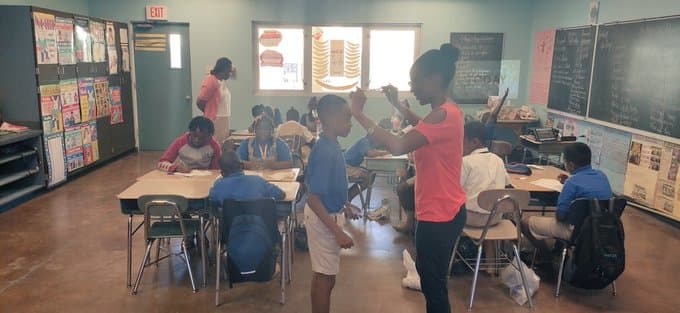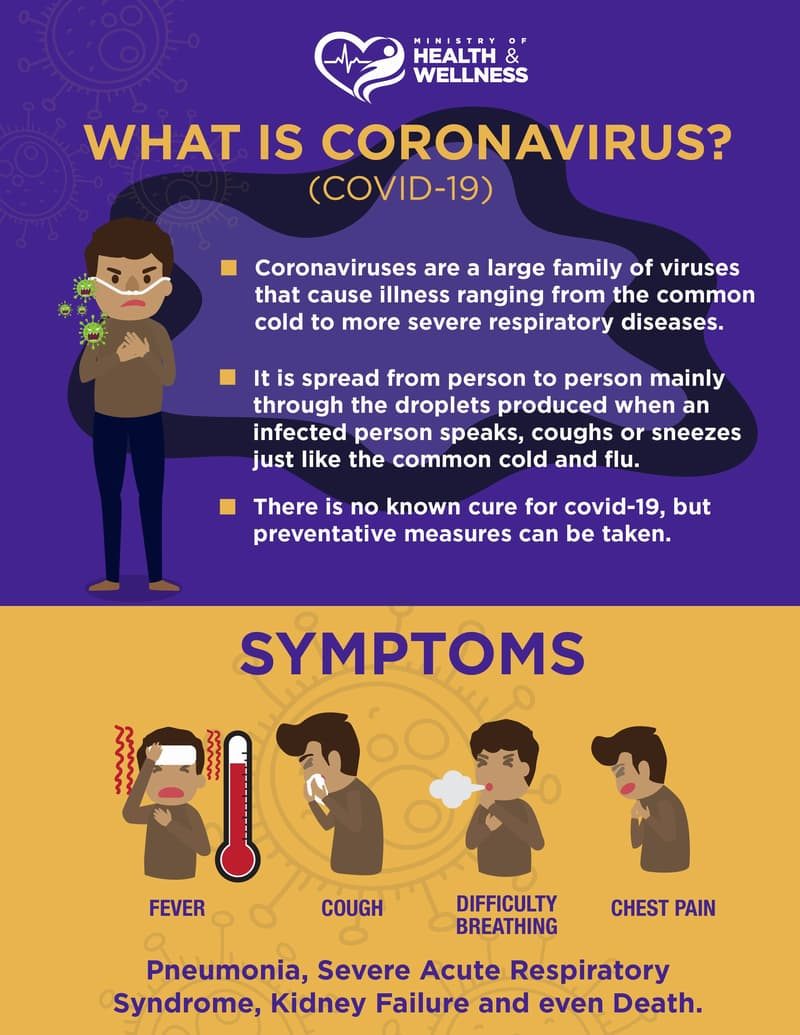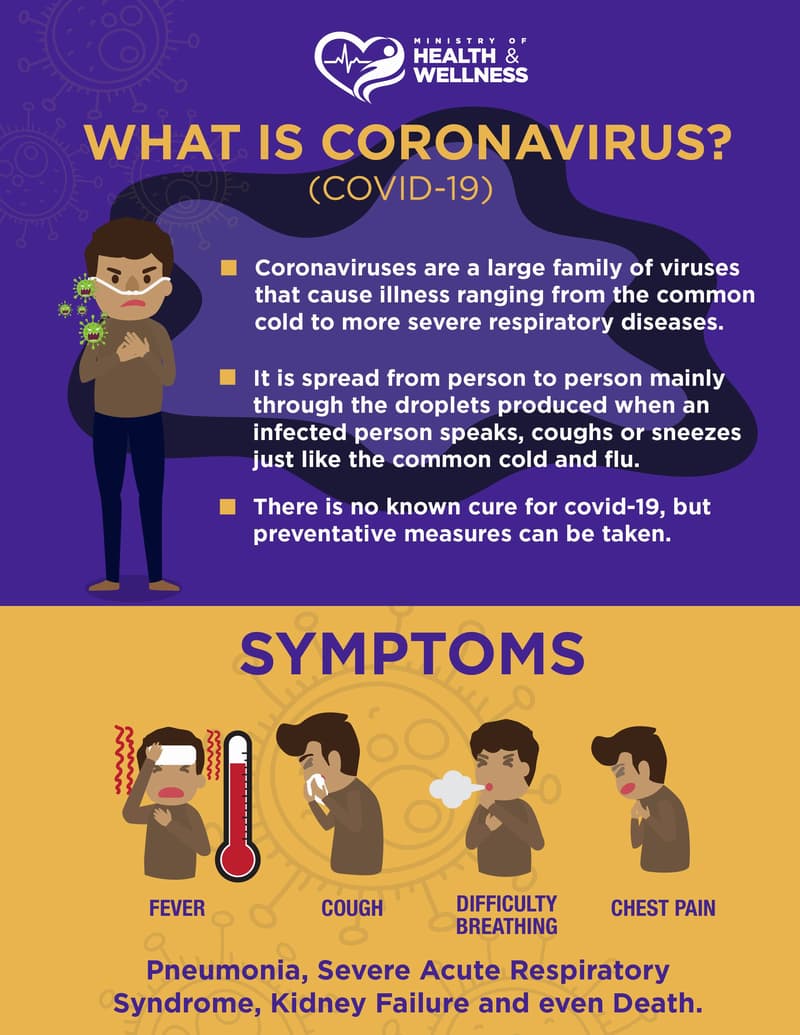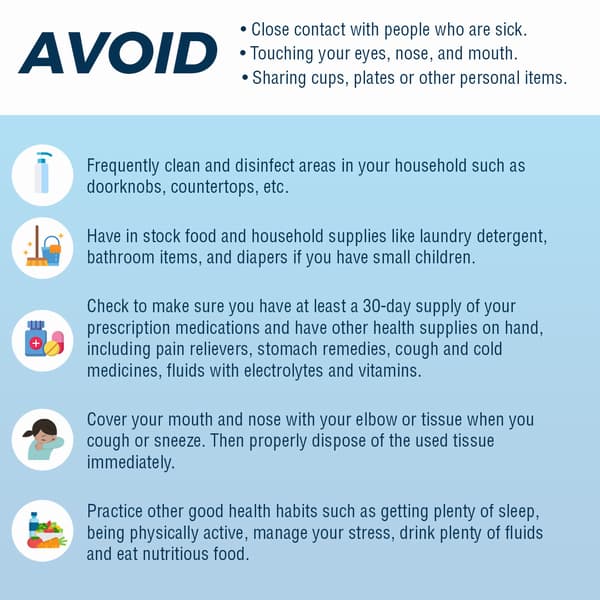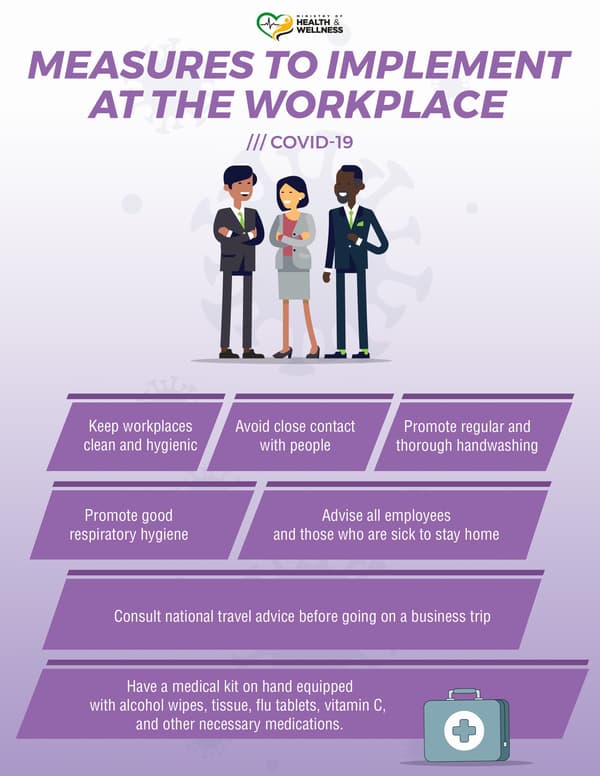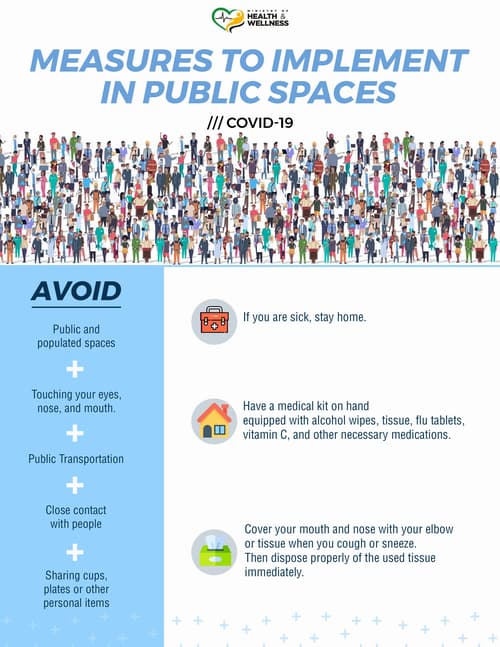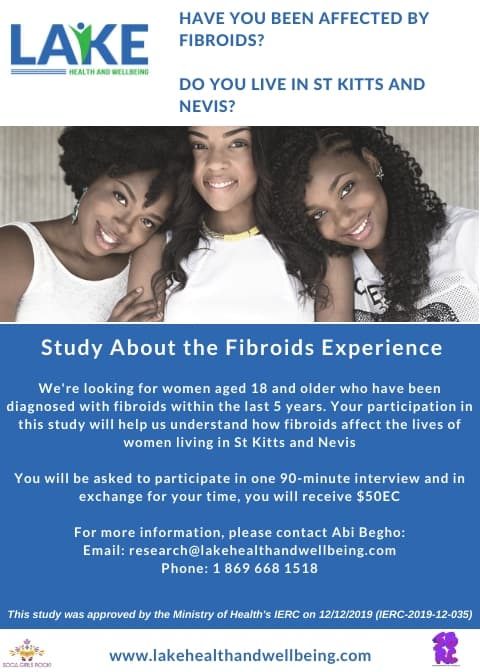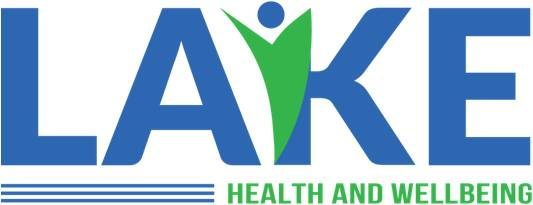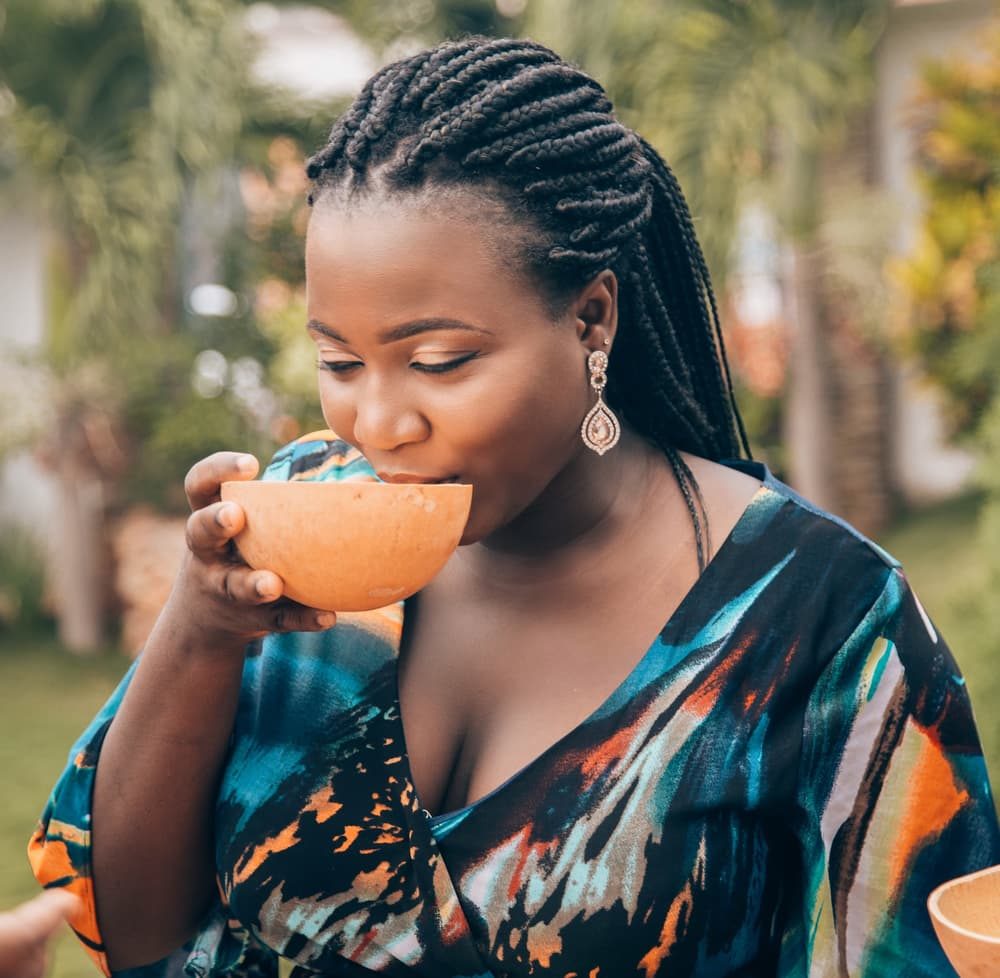Mesothelioma Isn’t Going Anywhere
Today, we’re delighted to share a guest blog post from the team at Mesothelioma Guide. Mesothelioma Guide connects mesothelioma patients and their loved ones to top doctors, cancer centres and treatment options, plus legal resources. In today’s feature, they dispel the myth that the asbestos-related cancer, mesothelioma, has been eradicated since the introduction of legislation restricting the use of asbestos.
In the latter half of the 20th century, the general public learned of asbestos’ dangers. They learned the substance is, in fact, a carcinogen, one which can lead to aggressive diseases such as mesothelioma.
The awareness of asbestos’ harm led to increased regulations worldwide and scrutiny of businesses which used the mineral. Most people expected asbestos-related diseases like mesothelioma to level off early in the 21st century and eventually fade into obscurity.
This has not happened — nor will it any time soon.
According to the World Journal of Surgery, pleural mesothelioma cases in the United States increased from 2004 to 2014. The World Health Organization revealed that around 43,000 people worldwide die from this cancer. Despite more than 60 countries banning the commercial use of asbestos, the mesothelioma mortality rate has increased worldwide since the 1990s. This is proof that mesothelioma isn’t going anywhere.
National Cancer Database on Mesothelioma
In 2004, there were 1,783 pleural mesothelioma cases in the United States. In 2014, there were 1,961 reported cases. That’s an increase of around 10%.
Pleural mesothelioma accounts for between 70% and 80% of all U.S. mesothelioma cases and the same is true globally. Peritoneal mesothelioma and pericardial mesothelioma comprise the other 20-30% of cases.
According to numerous sources, including the Centers for Disease Control and Prevention, there are usually between 3,000 and 3,300 new mesothelioma cases in the U.S. each year. From 2012-2016, there were on average 3,253 new cases each year. In 2016 alone, 3,096 mesothelioma cases were reported.
The World Health Organization estimates that 10,000 new mesothelioma cases each year are diagnosed collectively in Australia, Japan, North America and western Europe.
In the United Kingdom, the incidence of mesothelioma has increased steadily each year from the 1950s (153 cases) to 2010 (2,360 cases). Like we said earlier, this disease isn’t going away.
But…
Mesothelioma Treatment Is Improving
Science continually evolves, which means treatment for diseases continuously improves. Mesothelioma treatment is getting better, which is good news for patients and their loved ones.
Earlier in 2019, The U.S. Food and Drug Administration approved the Novo TTF-100L medical device for pleural mesothelioma treatment. It is limited to humanitarian use device distinction, but this approval was a significant moment for mesothelioma patients and doctors.
Peritoneal mesothelioma treatment is expanding as well. Many patients receive cytoreductive surgery, plus heated intraperitoneal chemotherapy (HIPEC) immediately after the operation. In a study published by the Annals of Surgical Oncology, around 55% of participants who underwent this treatment combination survived for at least three years. Roughly 37% survived for at least five years.
This study only included a few peritoneal mesothelioma patients, and other studies have reported different percentages:
- Between 50% and 65% for three-year survival
- Between 35% and 47% for five-year survival
Mesothelioma Patients Undergoing Treatment More Often
The best route to healing from mesothelioma is undergoing treatment. Surgery is the first choice followed by chemotherapy and radiation. If more patients receive medical help, then more of them will survive longer.
In 2004, treatment and survival rates in the U.S. were as follows:
- Approximately 34% of pleural mesothelioma patients underwent treatment.
- Around 37% of them survived for at least one year after diagnosis.
- Roughly 9% survived for at least three years.
In 2014, the rates were better:
- Around 54% of mesothelioma patients received treatment.
- Roughly 47% survived for at least one year after diagnosis.
- Approximately 15% survived for at least three years.
So, more people are getting treatment for their mesothelioma, and more people are surviving for longer after diagnosis.
How to Find Mesothelioma Treatment
We at Mesothelioma Guide can help patients find quality treatment and potentially extend their lives. Our patient advocate and registered nurse, Jenna Campagna, has connections to the top cancer centres in the USA.
If you or a loved one has mesothelioma, remember that treatment now is better than ever before. Jenna works with patients every day to improve their quality of life and prognosis. Email her at jenna@mesotheliomaguide.com if you wish to explore your treatment options.
More Information
If you have any questions on mesothelioma or would like any further information, you can leave your question for Mesothelioma Guide in the comments section below. Alternatively, you can visit Mesothelioma Guide’s website here, like their Facebook Page or follow them on Twitter.
Sources
- Largely Unchanged Annual Incidence and Overall Survival of Pleural Mesothelioma in the USA. World Journal of Surgery. Retrieved from: https://link.springer.com/article/10.1007s00268-019-05132-6. Accessed: 08/23/2019.
- Global mesothelioma deaths reported to the World Health Organization between 1994 and World Health Organization. Retrieved from: https://www.who.int/bulletin/volumes/89/10/11-086678/en/. Accessed: 04/22/2020.
- Global mesothelioma epidemic: Trend and features. Indian Journal of Occupational and Environmental Medicine. Retrieved from: https://www.ncbi.nlm.nih.gov/pmc/articles/PMC4280782/. Accessed: 04/22/2020.
- Update on the management of malignant peritoneal mesothelioma. Translational Lung Cancer Research. Retrieved from: http://tlcr.amegroups.com/article/view/23788/18535. Accessed: 08/23/2019.
- Effect of Cytoreductive Surgery and Hyperthermic Intraperitoneal Chemotherapy on Quality of Life in Patients with Peritoneal Mesothelioma. Annals of Surgical Oncology. Retrieved from: https://www.ncbi.nlm.nih.gov/pubmed/31069554. Accessed: 05/16/2019.
- Survival prognostic factors in patients undergoing cytoreductive surgery and hyperthermic intraperitoneal chemotherapy treatment: analysis from a single oncological center. WorldJournal of Surgical Oncology. Retrieved from: https://www.ncbi.nlm.nih.gov/pmc/articles/PMC4815060/. Accessed: 04/12/2019.







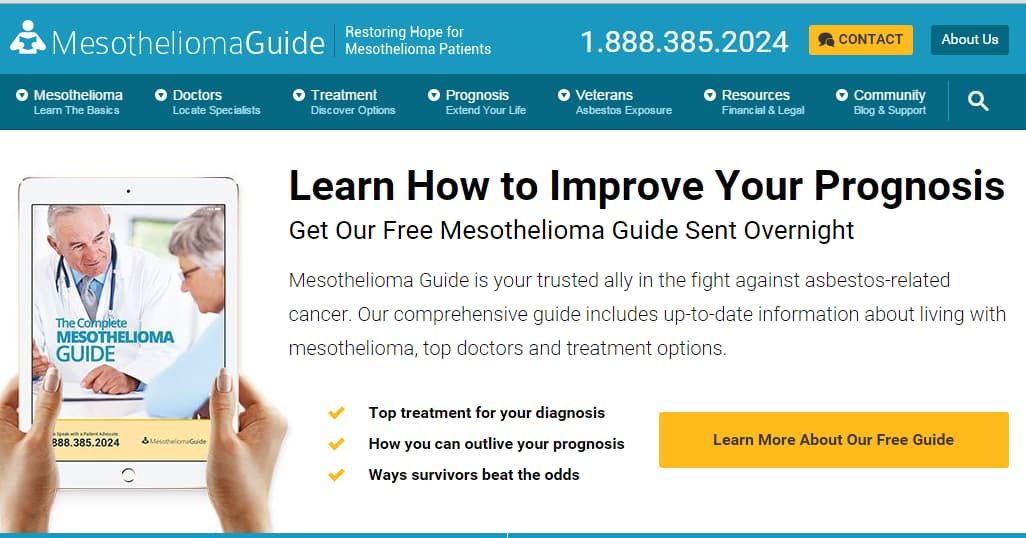


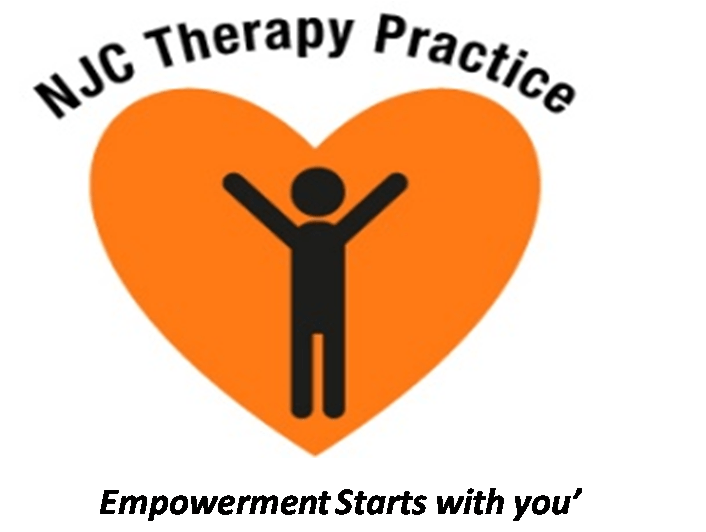


 One day, the Sugary Drink Assassins and the Junk Food Villains were trying to take over Healthy Land.
One day, the Sugary Drink Assassins and the Junk Food Villains were trying to take over Healthy Land.